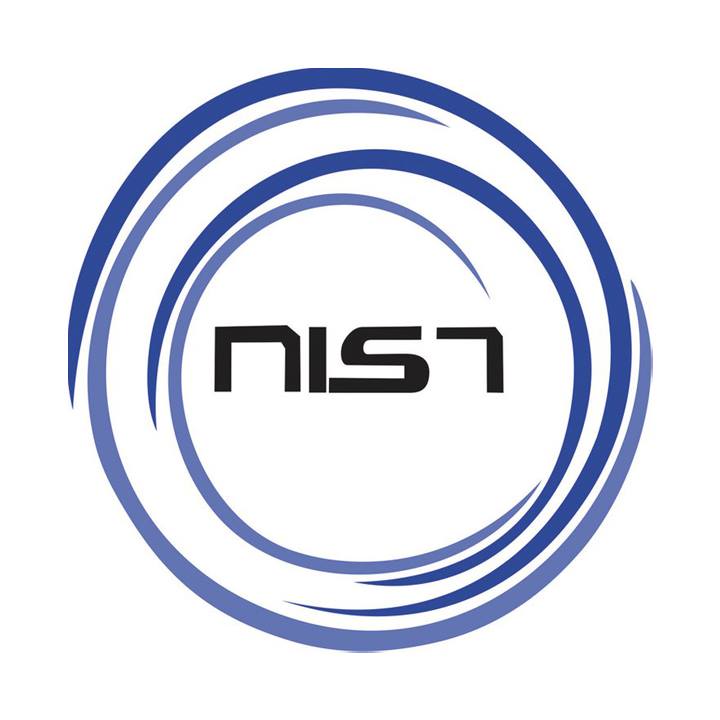Training on chemical safety would yield benefit in terms of reducing serious accidents involving hazardous chemicals, which in turn would entail obvious legal and financial benefits

Disaster in a chemical industry is very rare, but negligence could result in devastating consequences. Incidences could arise at any stage and at any time such as during erection, commissioning, manufacturing, maintenance, disposal or transportation. Whenever it happens, chemical incidents might end up with fire and/or toxic releases.
A major mishap could spill catastrophe in terms of loss of life, occupational disease, and threat to the environment. As a result, organizations may face high consequence incidents, incur costs of treatment and rehabilitation, face legal costs and may have to pay fines and compensation claims.
Disaster in a chemical industry is very rare, but negligence could result in devastating consequences. Incidences could arise at any stage and at any time such as during erection, commissioning, manufacturing, maintenance, disposal or transportation.
Whenever it happens, chemical incidents might end up with fire and/or toxic releases. A major mishap could spill catastrophe in terms of loss of life, occupational disease, and threat to the environment.
As a result, organizations may face high consequence incidents, incur costs of treatment and rehabilitation, face legal costs and may have to pay fines and compensation claims.
Chemical disasters may happen in one of the following ways:
Failure of critical factors
Ageing of process plants
Temperature and process deviations from set limits
Runaway reactions
Mixing of incompatible materials
Catastrophic rupture of reactors
Inadequate hazard analysis
Lack of management of change process.
Human errors due to non-compliance of standard operating procedure and so on.
However, a paradigm shift towards chemical safety started post Bhopal gas tragedy in 1984. Nonetheless, the silver lining is that all chemical disaster are preventable. NIST in this regard approaches safety from reactive to proactive safety culture through imparting training.
Learning Outcome of Chemical Safety Training
Introduction to chemicals and their various physical forms
Identify the classification of hazardous substances at work
Identification of hazardous activities and their elimination
Assess the risks associated with hazardous substances
Control of exposure
Use of hazard identification tool like HAZOP (hazard and operability study) to mitigate hazards
Use of spill containment kit
Maintenance of plant facility
Compliance with existing rules and regulations
Emergency preparedness
Who can take the Chemical Safety Training?
Those involved in completing assessments of hazardous chemicals and implementing controls like managers, supervisors and safety officers, plus other health and safety professionals looking to refresh or update their skills in chemical handling can opt for this course.
Benefits of Chemical Safety Training
Training on chemical safety would yield benefit in terms of reducing serious accidents involving hazardous chemicals, which in turn would entail obvious legal and financial benefits. Moreover, it would lead to improvement in the morale of employees thereby boosting their productivity.
Vision
To be a change agent to influence, from an individual to an organisation in the ambit of Occupational Health, Safety & Environment to protect and improve the workforce, workplace & the planet.
Mission
To reform the Occupational Safety Health & Environmental culture by providing training & consulting for individuals and corporates through superior customer service, quality, creativity, innovation, and commitment.
Our Core Value
In this competitive era, many organizations are striving hard to manage the balance with core values and fundamental principles against challenging demands of individual accountability, determined commitment and sustainability.
We at NIST have the courage to carry forth our belief during the battle of business with our tolerance & innovation and also resist various temptations to a quicker monetary result however we do not compromise our core values for which we stand. We empower the team members to lead and make decisions.
Integrity
We strongly believe in honesty and transparency. We insist to maintain the esteem and to treat everyone with honor without compromising the truth and quality.
Equality, Diversity & Inclusion
We fairly treat everyone, irrespective of the variations and include each and every one in our work family
Health & Wellbeing
We proactively take initiative in maintaining a healthy work-life balance for all our employees. We proffer utmost care & support for both the mental & physical well-being of those associated to NIST by following proper ergonomics, workplace safety measures, and psychological assistance throughout their journey with us.
Commitment
We contribute to society ensuring the health and safety of clients & employees in line with the legal requirements and demonstrate our CSR in every project we undertake.
Accountability
We take responsibilities for our policies, decisions, and actions. Our NIST team ensures the same in delivering individual accountability and also accountability of the company as a whole in providing our services. This entirely creates a positive influence on lives of our employees, clients & learners.
Collaborative Excellence
We are passionate with our standards in collaboration with team work, congregating the power of our contributors with positive approach in a proactive and result oriented approach for innovation, sustainability and progression.
Gratitude
We practice gratitude work culture where we offer genuine and specific praise to our employees, clients & learners. We want them to know that their efforts have truly made a difference in every possible way. We celebrate every small win by showing immense gratitude so that there is a togetherness in reaching a major goal.
Adaptability
Adaptability is indeed a value that will best suit our organization as we readily embrace changes or transition that is required for our betterment. Be it transition in technology or work culture, we have effectively applied adaptability together as a team. We also ensure that the effectiveness remains unaltered in a changing environment.
© 2025 coursetakers.com All Rights Reserved. Terms and Conditions of use | Privacy Policy